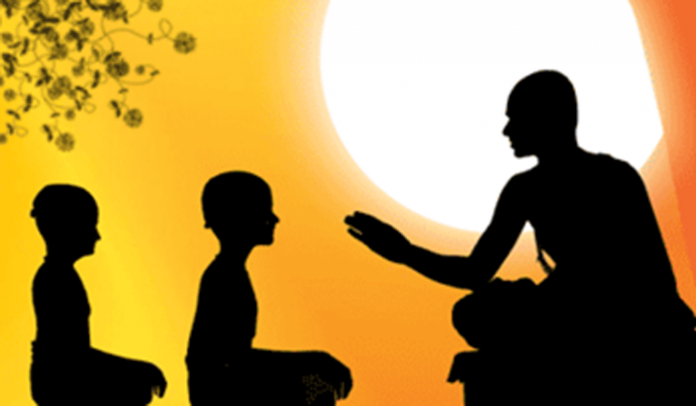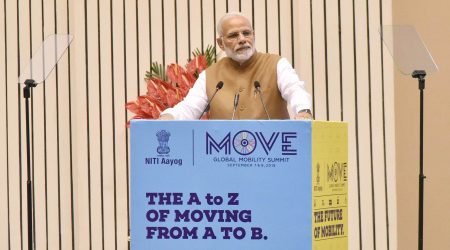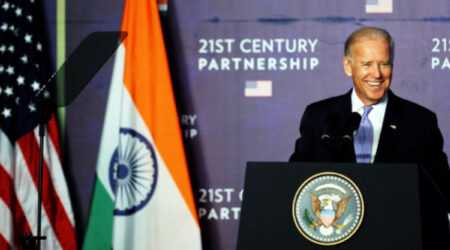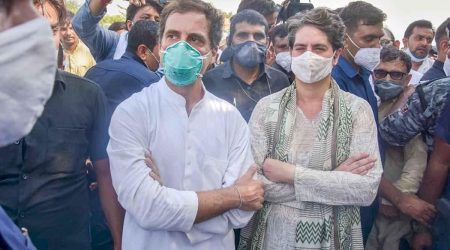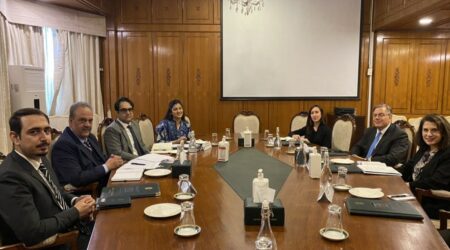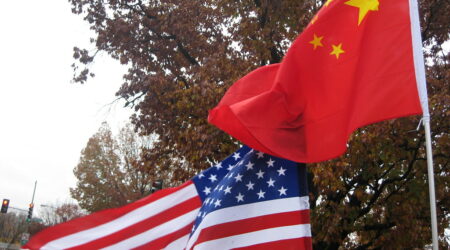By Dr. Bhaswati Bhattacharya
While India claims to be the ancestral grandfather of great disciplines in arts, sciences, philosophy, and engineering, its modern practices are in need of major reform. Indeed, most intellectual wisdom that represents the best of man’s thinking can be found in ancient India’s thinking, developed and captured in texts dating over 15,000 years of Bharat. Yet, today’s education system is a paltry custodian of these rich, elegant collections of wisdom.
Today’s children are encouraged to first learn the politics of survival in school and then to learn the subject or discipline. At some point, once they have enough fuel of motivation, a student might suddenly excel, earn high scores and catapult out of that environment to a new level. This is seen commonly when students are forced to learn at a low-output school in which the teachers are immature, closed-minded, and largely interested in politics and petty competition because they have unmet needs. Students learn to “work the system” and trust none, working quietly at home to learn skills but never demonstrating them to teachers, fellow students, and evaluators unless there is a tangible direct profit.
As they move through the ladder of academics, many find themselves at a large prestigious University. The first awareness is usually that the myth of the grandeur of the University is a game. Most of the teachers lack communication skills. Some of the students lack the basic skills that are required to meet the reputed standard of the University. But there are a few excellent teachers who have risen through politics and teach with passion, are aligned with vidya and true transmission of knowledge, and are true custodians of their subject. There are also a few excellent classmates who provide inspiration and healthy aspirations.
At home, entry to such universities promotes dreams in greedy parents that their child will go abroad either for study or for work. They are pressured to go, and earn fame, prestige, and foreign currency to bring home. The family gets a solid home from that income, some siblings achieve good weddings, and assets are accumulated, all thanks to the lucky achiever who went abroad.
Once abroad, many miss the traditions and irreplaceable aspects of the home. After a few years of sending fat incomes home, when they try to return to India, they are bullied by the academicians or the job market in India. None wants them to return. Why?
Some are Indian Americans who spent most of their career achieving in America and now want to return to their ancestral land. Some are Indian nationals who came to work in America to make money to uplift their family’s social-economic status. Some are academically curious. Others are exceptionally gifted and wanted freedom of opportunities in a land that loves entrepreneurs.
Whether they arrive in America for money or fame, prestige or position, when they try to go home, they are no longer the person they were. Insecurities and fears are replaced with confidence, skill sets, and focus that dispels those personality traits. They can no longer fit in among the people of India who are still living in mental and emotional poverty. As long as women are denigrated, there will be a segment of the population’s women and children who echo “I am not enough.” As long as parents are insecure and bully their children, a segment of the population’s adolescents and young adults will echo “I am not loved.” As long as people in power – CEOs, teachers, politicians, and IAS officers – use exclusiveness and create barriers due to their egos and deep insecurities, a segment of the population’s underdogs must echo “I do not belong.”
Ancient Indian philosophers gave us the tools to conquer these issues. They are the tools of dharma. Any family that learns and teaches these tools might be called Hindutva or bhakt or any other denigrating moniker designed by people who act by oppression. Yet, the dharma that holds love and intuitive right action that is centered in the open heart is the way to solve the problems of people striving to shun the heavy burden of feeling “less than.”


